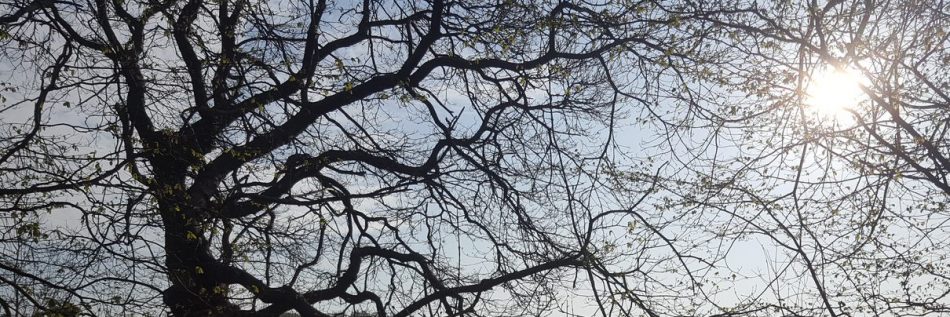Autoethnography is an academic research methodology exploring oneself in the situations in which we find ourselves that says something meaningful for others. It is a story of self (auto), of people and culture (ethno), and the study of (ology).
Having supervised masters and doctoral students carrying autoethnographic research I am often struck by the positivist gravitational pull that diminishes their own voice in their own world. Instead validity, reproducibility and generalizability keeps cropping up, as does objectivity and sample sizes, at least early on in the research process. It takes courage and confidence for students to open themselves up to the full range of creative possibilities that might include art, poetry and writing creatively that gives life to who they are in the contexts and situations they are trying to work through. It was the Scottish enlightenment philosopher David Hume who said we all have something of the dove, wolf and serpent within us. Autoethnography offers the means to explore these essentially human tensions and give words and form to how they play out in ways that we can usefully share.
I will give an example of a recent conversation with someone interested in a particular government policy area. Clearly in policy circles we can choose from an array of quantitative and qualitative methods to make our point powerfully to funders, politicians, stakeholders and the like. In a policy document autoethnography may well not have a place. However, what about the practice of the policymaker themselves that comes to shape and forms that policy. What choices does that person make in deciding: who to talk to and who to leave out; what quantitative instruments to use and why; how to shape and form the argument and so on. It is here in the deeply reflexive work of autoethnography can make an important contribution. It helps us to reveal to ourselves to ourselves and to others. For example, what biases we have and how do they shape our world view, how we show up and engage with people (particularly with those that have less power and influence), it speaks to our dilemmas and relational ethics as we make choices. In this sense, autoethnography has a contribution to play, particularly in form of ‘tangential validity’ that helps us holistically explore what on earth we are all doing, why are we doing it and the impact we have.
